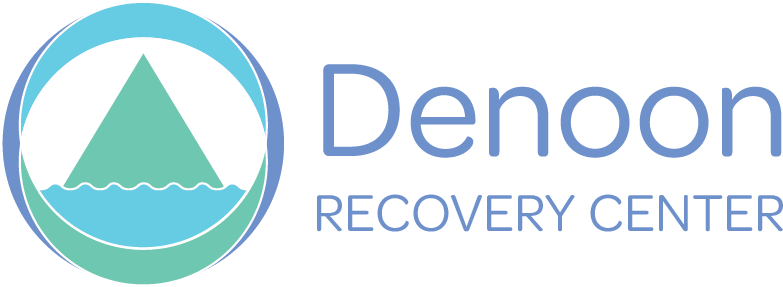Intensive Outpatient Program in Wisconsin
Denoon Recovery’s Intensive Outpatient Program (IOP) offers a higher level of structure compared to the standard outpatient program, while still enabling individuals to balance their treatment with other commitments, such as work and family responsibilities. In our outpatient treatment programs, we treat substance use disorders and mental health disorders. We also offer dual diagnosis treatment if these disorders co-occur. Learn more about what to expect from IOP here.

An Intensive Outpatient Program (IOP) is a structured, outpatient treatment approach that provides intensive therapy and support for individuals struggling with mental health issues and addiction. Unlike inpatient programs, IOP allows participants to reside at home while receiving comprehensive treatment.
In an IOP, participants engage in therapy sessions multiple times a week, often ranging from 9 to 20 hours per week, depending on individual needs. These sessions focus on evidence-based therapies such as cognitive behavioral therapy (CBT), dialectical behavioral therapy (DBT), and group therapy. The program offers a supportive environment where individuals can address the root causes of their mental health challenges and addiction while learning coping skills, stress management techniques, and relapse prevention strategies.
IOPs are particularly beneficial for individuals who do not require 24/7 supervision but still need intensive therapeutic interventions. They provide a balance between structured treatment and the flexibility of managing daily responsibilities, making them a valuable option for those seeking recovery and mental wellness.
Addiction Treatment in an Intensive Outpatient Program
In an Intensive Outpatient Program (IOP), individuals can expect a comprehensive and structured approach to addiction treatment. They participate in various evidence-based therapies and counseling sessions, focusing on understanding the root causes of their addiction, developing coping skills, and building a strong support system.
IOPs are designed to treat a wide range of substance use disorders, including but not limited to:
Alcohol Addiction
IOPs provide counseling and therapy sessions to help individuals overcome alcohol addiction, addressing triggers, cravings, and coping mechanisms.
Opioid Addiction
Individuals struggling with opioid dependence can receive medication-assisted treatment (MAT) alongside counseling and behavioral therapies to manage withdrawal symptoms and reduce cravings.
Cocaine Addiction
IOPs focus on behavioral therapies to help individuals overcome the addictive patterns associated with cocaine use, emphasizing relapse prevention strategies.
Methamphetamine Addiction
Therapy sessions in IOPs target the cognitive and behavioral aspects of methamphetamine addiction, teaching individuals skills to manage cravings and triggers.
Prescription Drug Addiction
Individuals addicted to prescription medications like opioids and benzodiazepines receive tailored therapies to address both the physical dependence and the psychological factors contributing to addiction.
Polydrug Abuse
IOPs are equipped to address cases involving the abuse of multiple substances, customizing treatment plans to target the specific substances involved.
Marijuana Addiction
While less common, IOPs can provide counseling and behavioral therapies for individuals struggling with marijuana addiction, helping them develop healthier coping mechanisms.
Other Substance Use Disorders
IOPs can adapt their treatment approaches to address various substances, ensuring individuals receive personalized care based on their specific addiction challenges.
Mental Health Treatment in an Intensive Outpatient Program
Intensive Outpatient Programs (IOPs) play a crucial role in providing mental health treatment, addressing a spectrum of conditions from primary mental health disorders to cases of dual diagnosis, where individuals struggle with both substance use and mental health issues. IOPs provide individuals with the necessary tools to navigate challenges, improve their quality of life, and sustain long-term recovery. By addressing both mental health and substance use concerns, these programs offer holistic support, fostering lasting emotional and psychological healing.
In IOPs, individuals receive specialized treatment for mental health disorders, including but not limited to:
Depression
IOPs employ therapies such as Cognitive Behavioral Therapy (CBT) and Interpersonal Therapy (IPT) to help individuals manage depressive symptoms, improve self-esteem, and regain a sense of purpose.
Anxiety Disorders
Cognitive restructuring, exposure therapy, and relaxation techniques are utilized to assist individuals in managing anxiety disorders, enabling them to confront fears and reduce excessive worry.
Post-Traumatic Stress Disorder (PTSD)
Trauma-focused therapies, such as Eye Movement Desensitization and Reprocessing (EMDR) and prolonged exposure therapy, help individuals process traumatic experiences and alleviate PTSD symptoms.
Bipolar Disorder
IOPs provide psychoeducation, mood tracking, and therapeutic interventions to help individuals manage mood swings, regulate sleep patterns, and maintain stability in their daily lives.
Obsessive-Compulsive Disorder (OCD)
Exposure and response prevention (ERP) therapy is a common approach in IOPs, guiding individuals through controlled exposure to obsessive thoughts and helping them resist compulsive behaviors.
Borderline Personality Disorder (BPD)
Dialectical Behavioral Therapy (DBT) is often employed to help individuals with BPD manage intense emotions, improve interpersonal relationships, and develop healthy coping strategies.
Dual Diagnosis (Co-occurring Disorders)
IOPs address both substance use disorders and mental health conditions simultaneously, offering integrated treatment plans that encompass therapy, medication management, and relapse prevention strategies.
Trauma-Related Disorders
Beyond PTSD, IOPs assist individuals dealing with various trauma-related disorders, utilizing trauma-informed therapies to promote healing and resilience.
How Long Does IOP Treatment Last?
The Intensive Outpatient Program (IOP) allows individuals to stay at home while attending therapy and group sessions 5-7 days a week. The program is customized to individual needs, often requiring 6-8 hours of daily treatment for up to 5-7 days, varying based on the severity of addiction. The primary objective is to achieve sobriety and facilitate healing, tailoring the timing and intensity to each person’s unique journey toward recovery.
Is IOP Right for Me?
Determining whether an Intensive Outpatient Program (IOP) is the right choice for addiction recovery or mental health treatment involves considering several key factors. IOPs are ideal for individuals who require intensive support and structured therapy while maintaining their daily commitments like work, school, or family responsibilities. One of the primary advantages of IOPs is their flexibility, allowing participants to attend therapy sessions during the evening or on weekends, accommodating diverse schedules.
Other things to consider when choosing rehab treatment include:
Support: IOPs offer a higher level of care than traditional outpatient therapy, providing several hours of therapy multiple times per week. This intensive format ensures individuals receive consistent therapeutic interventions, making it suitable for those who need regular counseling and support but do not require 24/7 supervision.
Continuing Treatment: Individuals who have completed inpatient or residential treatment and are transitioning back into their communities often find IOPs beneficial. These programs offer a bridge between the structured environment of residential treatment and the individual’s everyday life, providing ongoing support as they reintegrate into society.
Comprehensive Care: These programs often address co-occurring disorders, meaning they treat both substance use disorders and mental health issues concurrently. If someone is dealing with the challenges of dual diagnosis, an IOP can provide integrated, specialized treatment to address both aspects of their condition effectively.
Get IOP Treatment at Denoon Recovery
If you are seeking flexible, intensive treatment that allows you to balance your daily responsibilities our IOP may be for you. Call Denoon Recovery today to begin treatment for addiction, mental health, and co-occurring disorders.

